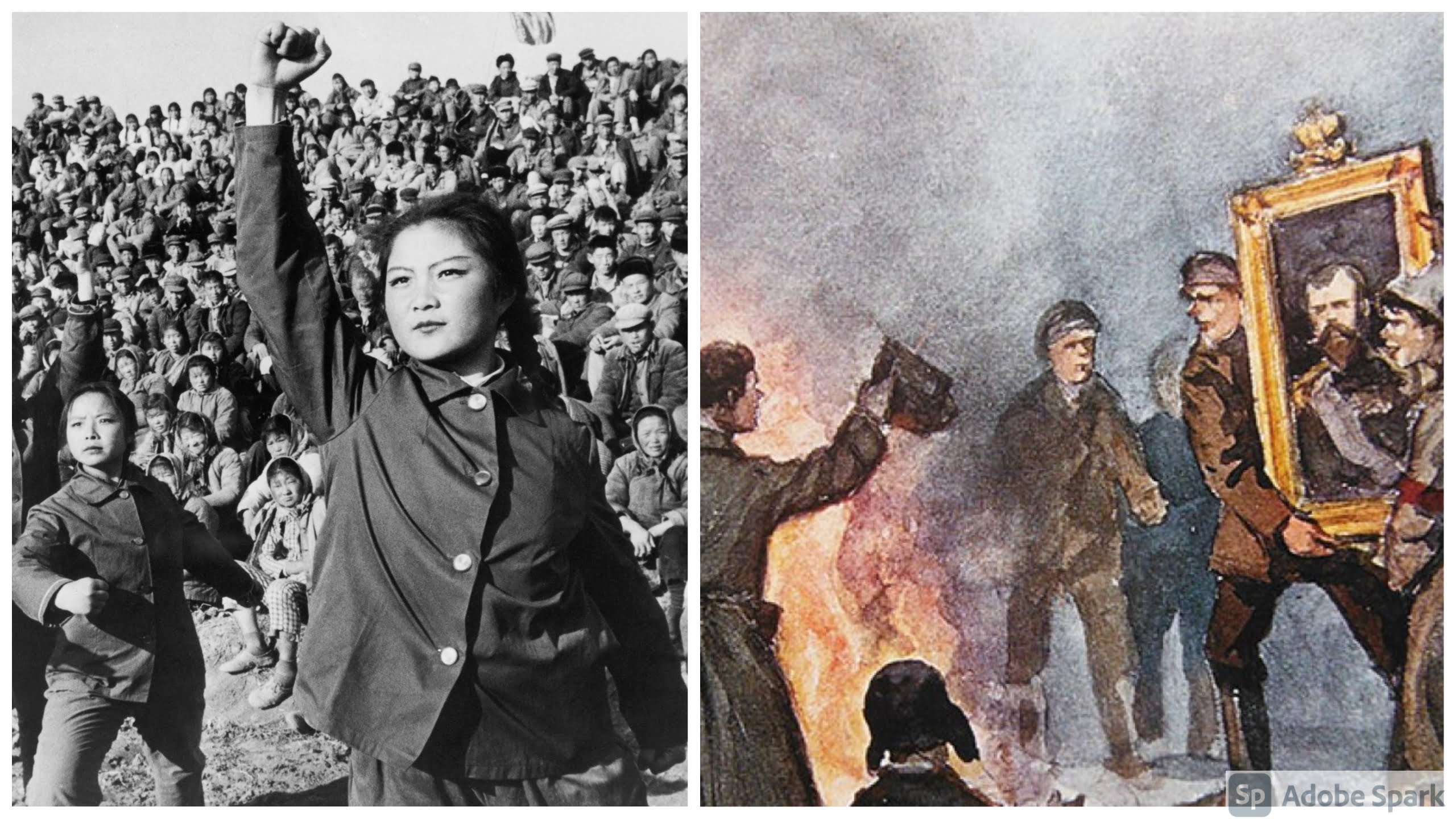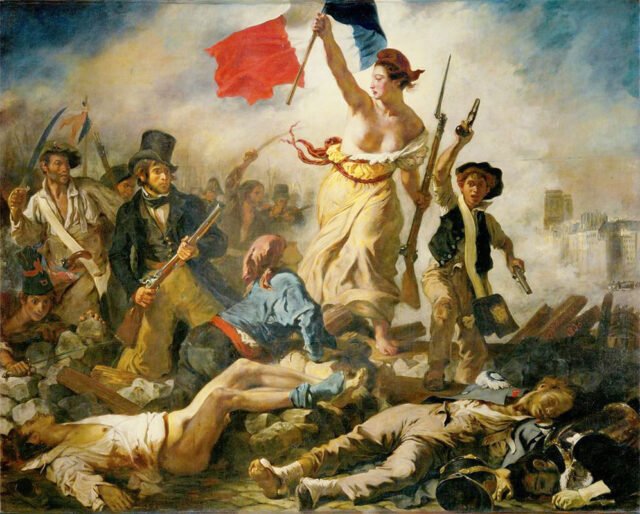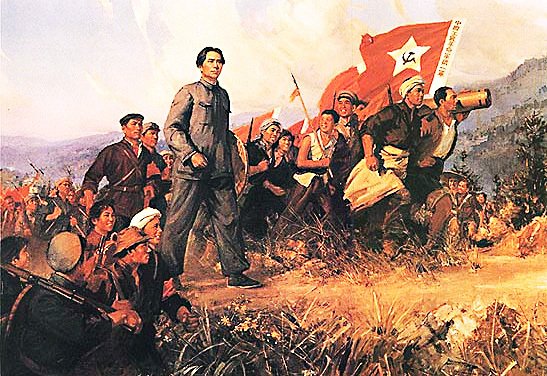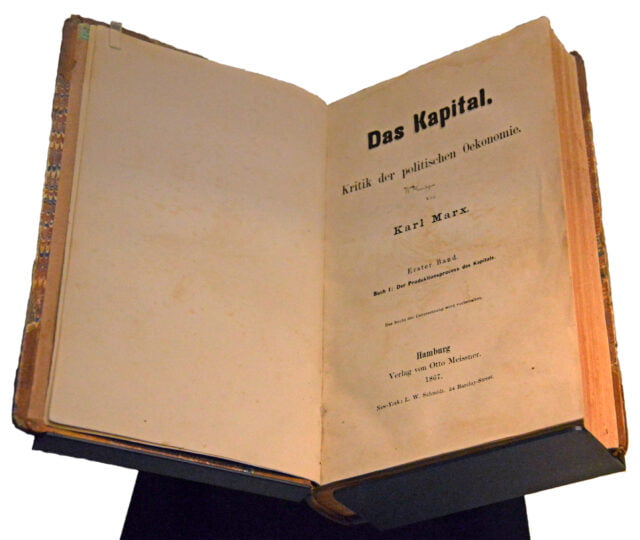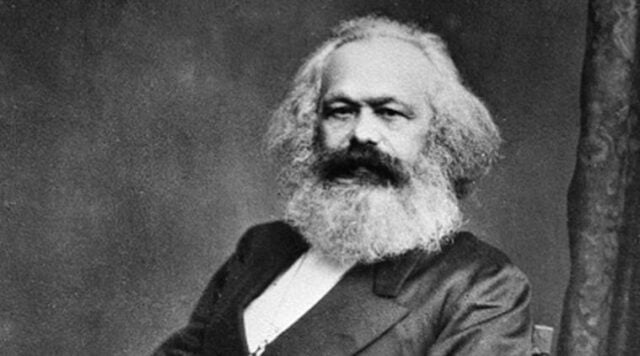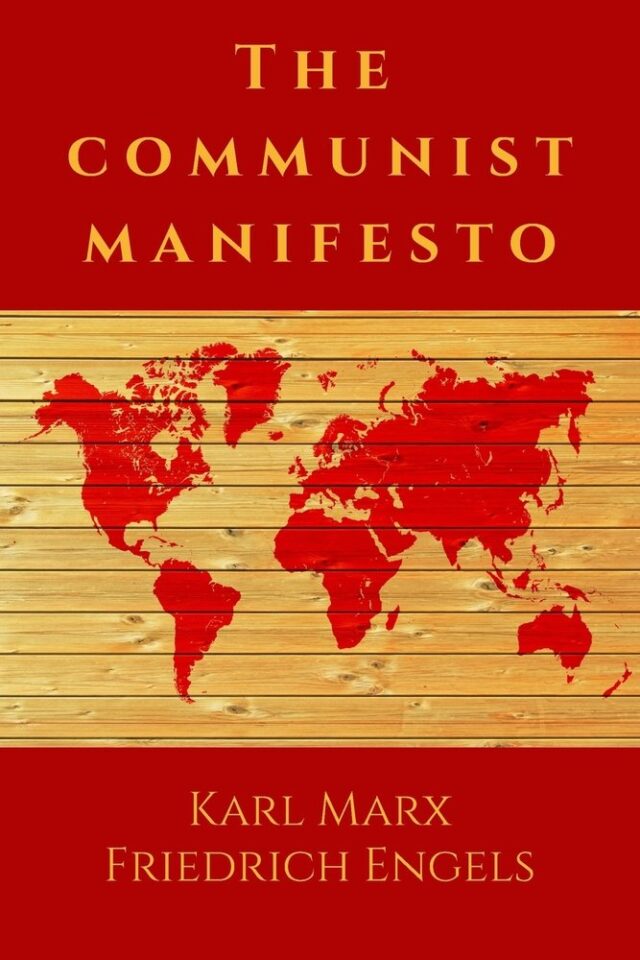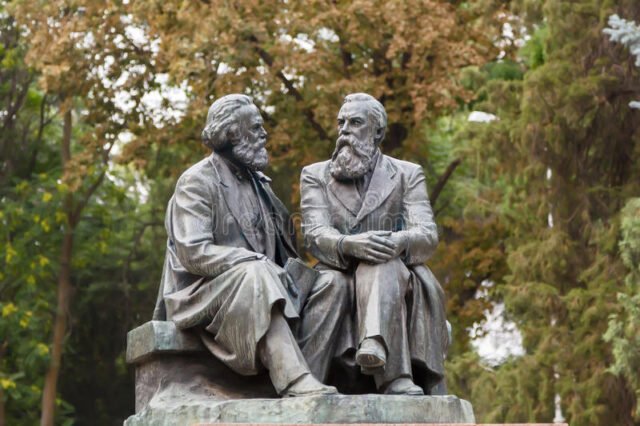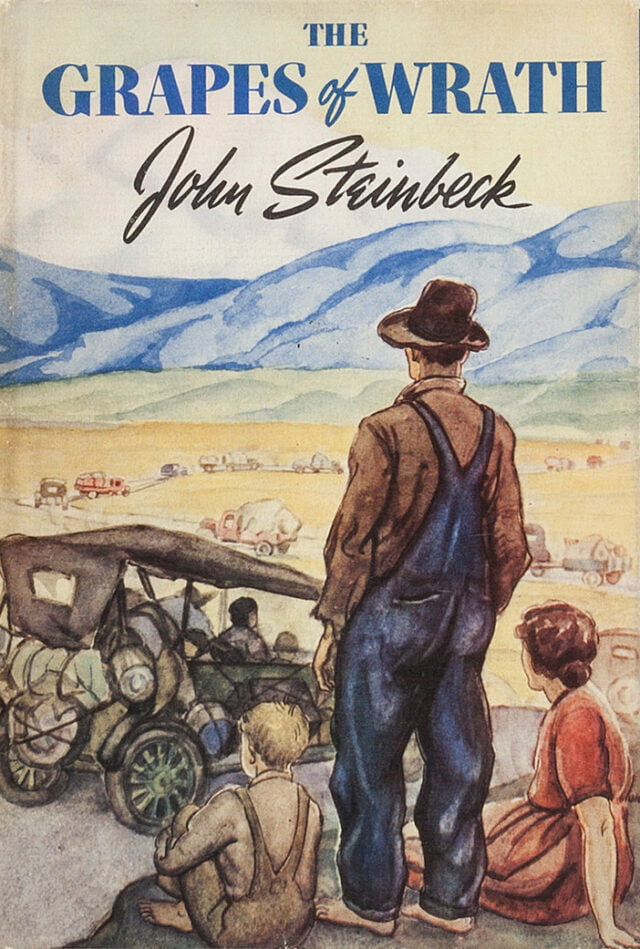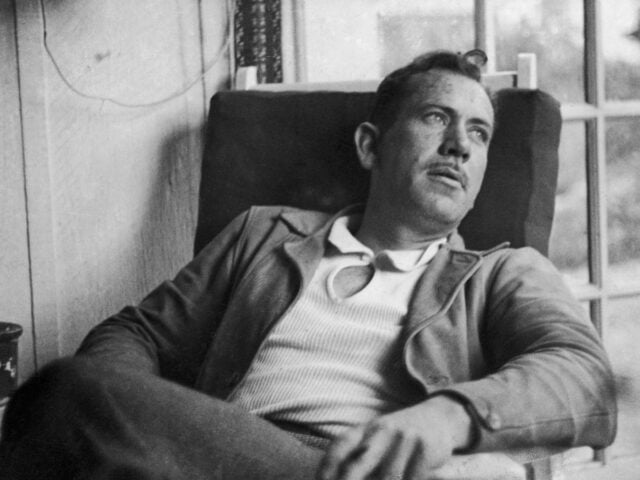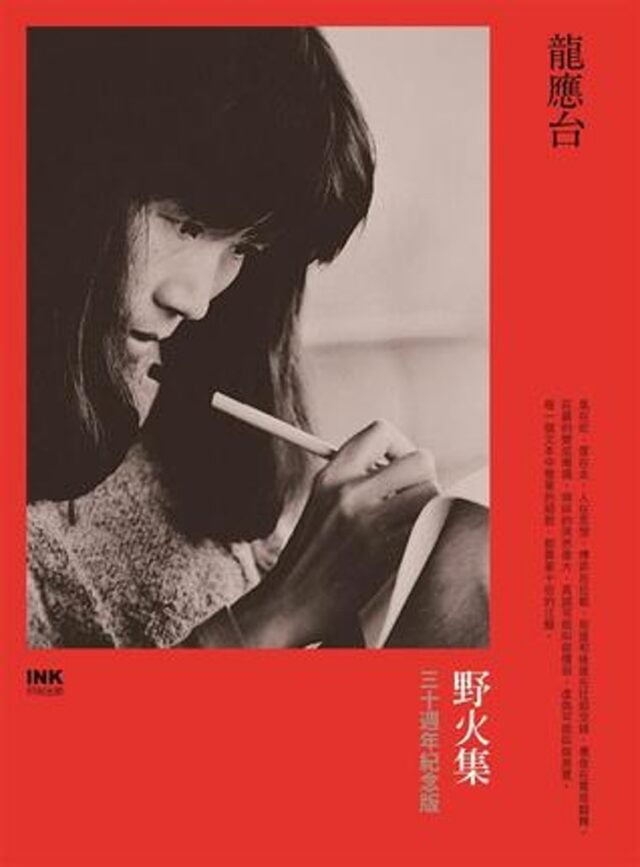At the very onset, one must ask themselves as to how a revolution begins. Is it the sudden lapse of all sensations when the realization dawns upon us that the authorities do not care about us?
A sudden end of all perceived human sensation and emotion that has always been at the helm of your being, being replaced by a certain sensation that we sparsely ever feel an- all-engulfing anger.
This form of anger makes you violently shake through, making you believe that you are stuck in a terrifying little limbo with nobody to turn to but yourself. Your limbs shaking, hearts thumping, and as the newscaster from the movie Network, so fondly stated;
“I’m mad as hell and I’m not going to take it anymore.”
This is exactly how a révolutionnaire feels when all is on the verge of being lost to the oligarchs and the tyrants. It is my sole sordid belief that every nation and every state should go through, at least once.
If they don’t ever have a revolution, per se, then it should readily be deciphered that their government and form of governance are perfect. The absolutes of perfect which under most circumstances and under the pretext of science should be deemed impossible.
However, it is not perfection that revolutionaries sought. What they sought for is much more than mere perfunctory perfection. If not a perfect world, all they sought is the path to a perfect world.
Absolutes are never attainable. One cannot be the absolute example of a model human being, and in the same way, a government can never be the absolute example of perfect governance.
In that same spirit, a few revolutions and revolutionaries find their names scribbled onto books. Pages upon pages of voluminous memoirs that transcribe themselves onto the golden pages of history. If you wish to look at the heroes of the Free World, then look no further than the ones who laid down their lives- to be free.
Revolution: A Call For Change
There’s a lot of things to consider before we even try to venture into an explanation as to what a revolution is. However, that is mostly redundant to what we are getting at. Either way, to enunciate upon the explanation of a revolution, I would take the help of the all-encompassing encyclopedia, Wikipedia.
As stated before, according to Wikipedia;
Revolution is defined as a fundamental and relatively sudden change in political power and political organization. This occurs when the population revolts against the government, typically due to perceived oppression (political, social, economic) or political incompetence.
The definition, in and of itself, is not flawed, yet, my belief goes beyond meager surface skimming having a resultant change in the political structure.
Revolution, in itself, is a way of life that affects not just the political structure or the politico of a certain place. Rather, it changes the entire dynamic of a certain place’s cultural as well as societal structure as well.
Russia still follows a cultural pattern that is based on the struggles of the Bread Revolution. In the same spirit, the Chinese still hold the Maoist struggle in China, while the government still tries to make good upon the hallowed base prepared by Mao Zedong’s Long March. This provides the citizens with the hope of a life that is unmitigated by strife or suffering.
This, in essence, takes us to the subject of this entire article- the literature of revolutions that seeks to motivate and incite at the same time. The literature seeks to bestow the common citizens with the power that they have deserved since the very beginning of our world’s Genesis.
Das Kapital- Karl Marx
The holy grail of all revolutionary books, in essence, is not a part of the wide array of revolutionary literature itself. Not directly, at least. However, what it did is much more than any other revolutionary title. This book, single-handedly, mobilized the Russian revolution through the grasps of furthering the Communist ideology.
The Winter Palace of the Czar had never realized that a world furthered by the working class could be possible or permissible to an extent. Yet, Lenin felt otherwise, and so did the ladies of the Bread Revolution.
Das Kapital, written by Karl Marx, is still considered as the qualitative example of the most in-depth critiques of the capitalist structure of our society. The fact that it was the first book of its kind that understood the need of the workers, made it revolutionary in its own way.
Marx had insinuated in this book about the near future wherein the class struggle would be unavoidable. In the same vein, it was discerned by him that as commodities and the necessary capital gain traction affect the general divide between the working class alongside the effective elite echelons of the society.
Das Kapital has now become the face of revolution and we still swear by it, for there, probably will be another class war, again.
Also Read: Watch: Five Revolutionary Movements Led By Common Man After Independence
Communist Manifesto- Karl Marx And Friedrich Engels
It isn’t a revolutionary ‘book’ as such, since it was initially inculcated to be the guidelines along which the Communist League would function. The manifesto became the most influential political document, the moment it was published to the public as the Revolutions of 1848 erupted in Europe.
As of now, the Communist Manifesto is still considered a necessary accompaniment to Das Kapital, to effectively understand the effective economic connotation alongside the political which may lead to class struggle. The standard need of a worker to control the means of production is depicted as the need of a thriving society wherein the worker is not exploited by the ruling class.
The fact that this singular parchment gave impetus and kickstarted the worker revolution and became the face of the Communist party, is reason enough for one to understand why it qualifies as revolutionary literature.
It brought hope and it still brings hope to the many millions of workers who set foot into their factories, and this parchment provided them with the means to not be exploited by the ruling class- the birth of trade unions.
The Grapes Of Wrath- John Steinbeck
The book, written by John Steinbeck, was based on the tremendous social upheaval caused during the Great Depression in the United States of America.
The book was based on the many migrant farmers during the economic turbulence caused due to the Great Depression. The farmers in question, in the book, had to move out of their Oklahoma residence owing to a drought, extreme economic hardships and bank foreclosures, forcing tenants out of their farms.
The farmers’ journey to California in search of jobs and a new lease of life, was one that had touched a certain nerve in the citizens’ beings. Many took to the streets and letters came pouring to the government to come up with government policies to protect the interests of tenant farmers.
This finally led Congress to come up with binding solutions to protect the needs of the many tenant migrant farmers. Since then, the government has provided them with ample support through its policies so as to protect their beings.
The Wild Fire- Lung Ying-tai
Taiwan has been under extreme scrutiny since the very beginning of its independence from China, as it separated itself from the Chinese mainland owing to a difference in political views.
The Republic of China government of Taiwan had initiated itself as the legal and binding jurisdiction over Taiwan, while the People’s Republic of China government was the binding government of Mainland China.
When Taiwan declared itself as an independent country bereft of the PRC government, it had the professed one-party rule slated in the country. During the autocratic regime’s reign based out of Taiwan, Lung Ying-tai had authored a series of essays that depicted the state of life in Taiwan, back in the day.
The constant dread was rehabilitated upon with each word and these essays were then put forward in the form of a book called The Wild Fire.
Accordingly, she has been held as one of the main causes behind Taiwan’s democratization in 1985, succeeding which she went on to write about more such social deprivement perceived during those times.
As I come to the article’s conclusion, I know that I haven’t covered half of the books that have started or concerned themselves with revolution. If I went on with it then it would already be three years hence with me only being able to type out the titles of the books.
What actually stands as fact in this instance is that these books have but one thing in common- they illustrate that the real power to govern actually lies with the masses.
Thus, no matter who tells you to bow down, it will always be you who will have the power to stand and say now with your head held high.
Remember: The government works for you; You do not work for the government.
Image Sources: Google Images
Sources: Bustle, Council on Foreign Relations, Literary Hub
Connect with the blogger: @kushan257
This post is tagged under: english literature, literature review, literature meaning, review of literature, world literature day, french revolution,what is revolution,the french revolution,revolution meaning,industrial revolution,russian revolution,
socialism in europe and russian revolution,socialism in europe and the russian revolution,russia, great depression, das kapital, communist manifesto, communism, karl marx, Friedrich engels, karl marx and Friedrich engels, henry fonda, china, mao zedong, people’s republic of china, republic of china, taiwan, long march, hundred flowers campaign, bread riots, communist party of India marxist.
Other Recommendations:




























